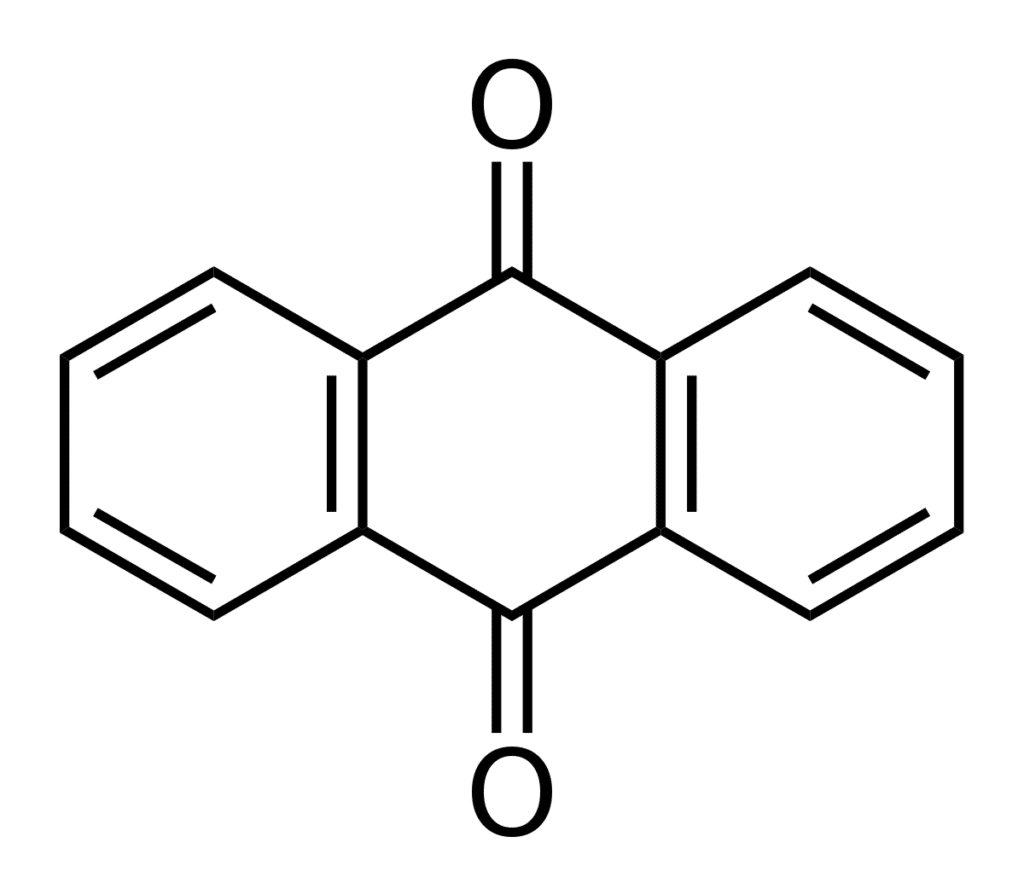A Bird-Repellent Seed Designed Specifically for Seed Companies
Thousands of corn growers and their fields across the United States are negatively impacted by bird damage. Corn growers look to seed companies and seed retailers for solutions.

As a seed company or seed retailer, you might be aware that farmers, growers and/or producers are increasingly affected by the rising level of bird damage to planted corn and other seeds. This is causing loss of corn crop yield and spelling financial disaster for some growers. Corn growers can put themselves in position to maximize profits when they use the corn seed treatment Avipel.
Avipel that is made from an organic plant-based chemical. When growers apply Avipel on their corn seed, they will reap the benefits of having bigger corn crop yields on their farms.
Thousands of corn growers and their fields across the United States are negatively impacted by bird damage. Corn growers look to seed companies and seed retailers for solutions.

Our product has been successful in keeping blackbirds, boat-tailed grackles, crows, European starlings, grackles, pheasants, red-wing blackbirds, ring-neck pheasants, sandhill cranes, starlings and turkeys largely at bay.
Avipel is sold to seed companies as a liquid application.
Avipel’s active ingredient is 9,10-anthraquinone (AQ), which is a natural organic chemical found in several plant species, from aloe vera to rhubarb.
Avipel triggers a reaction in birds’ guts when birds eat treated corn seeds without causing any harm. Affected birds and their flocks quickly learn to steer clear of Avipel-treated seeds and start looking for other nourishment sources. All the while, growers’ cornfields will remain fully protected.
Avipel is active during a period extending as long as 30 days in which seed kernel remnants remain as a food source.

AQ
A growing number of seed companies as well as corn growers across America are turning to Avipel to help prevent bird damage and poor crop yield. This natural bird repellent is very effective in protecting corn seed. Avipel is also safe, as it’s nonsystemic to corn, nonlethal to birds and nontoxic to plants and fish.
Avipel is endorsed by the International Crane Foundation and leads to no groundwater contamination, keeping growers’ aquifers and wells safe. Avipel has been shown to cause no side effects that could be costly.

Several states have monitored significant changes in bird damage. Wisconsin, for example, observed a direct correlation between increased corn field damage due to cranes with the loss of lindane from use as an insecticide treatment. Crane populations also continue to grow as a result of aggressive restoration of breeding flocks and habitat.
Cranes are now back in newly planted corn fields in Wisconsin that are within 1½ kilometers of a wetland where reports of 20 percent or more of the crop is destroyed. Of the 3½ million acres of corn planted in Wisconsin, 2.7 million acres are within cranes’ potential feeding range.
South Dakota is dealing with a pheasant population that continues to grow in connection with successful habitat restoration. The cropland reserve program has set aside significant land areas adjacent to corn fields. Cover and nesting sites have been provided in the process, and with the loss of lindane and measurol, there is no longer an effective way to keep planted corn seed off the pheasant’s menu.
Early spring does not offer birds much dietary diversity, and the liquid starch found in corn seed is essential to birds’ reproductive health. In 2008, about 20 percent of South Dakota’s cornfields had noticeable bird damage that could vary from 5 percent to even more than 50 percent stand loss. Replanting in the Dakotas is a risky venture because of its short season. The economic impact of reduced stand is compounded by the necessity for additional weed control as well as yield loss.
Juvenile and subadult cranes in a marauding flock feed heavily in early morning and early evening.

Mississippi has increased corn acreage substantially recently at the expense of cotton. With more than 750,000 acres in corn, migrating blackbirds, grackles, crows and cowbirds have found corn seed to be a very attractive starch source for the energy needed during the migration north. The narrow planting window in the Delta region is perfectly timed for the spring migration, and losses to bird damage have now been estimated by the state to be high.
Twenty-five percent of planted corn is experiencing between 10 and 15 percent stand loss, and 5 percent of corn is experiencing greater than 25 percent stand loss. Tillage practices plus narrow planting timing work against any replanting in Mississippi, so crop yield is directly affected. As in South Dakota, increased weed control adds to the input cost of fields experiencing bird depredation.
State
Bird Species
Affected Acres %
Stand Loss %
Replant Cost Per Acre
Mississippi
Blackbird, Cowbird, Crow, Grackle, Starling
25%
5%
10 to 15%
>25%
$100 to $12
South Dakota
Pheasant
15 to 20%
8 to 10%
$50
Wisconsin
Crane
74%
5 to 20%
$50
More attention was paid to bird damage to fields planted with corn, rice, sunflower, canola, sorghum and other cereal grains in 2010. Identification of damage caused by birds compared with rodents can be difficult to differentiate, however.

Avipel is produced by Arkion Life Sciences, a company that has researched and developed bird repellency products for more than a decade. USDA and other organizations’ studies of Avipel have demonstrated the corn seed treatment’s efficient protection of corn seed.
Avipel is sold by local agriculture retailers and corn seed suppliers. Contact your local Avipel representative to learn more about purchasing Avipel so you can start protecting your corn crop with the ultimate bird repellent.
Seed companies and seed retailers wanting to discover more about Avipel can review application guides, independent research studies, USDA state-specific labels and other information.